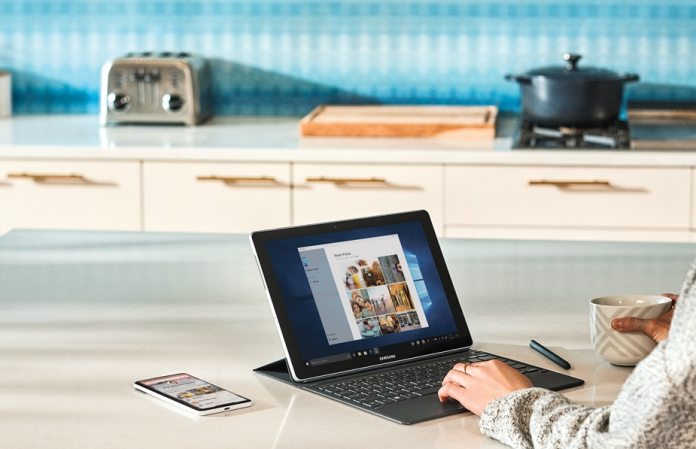Microsoft is readying the release of Windows 10 version 2004 (May 2020 Update). As usual, this major update will bring plenty of new features. We already know Microsoft wants to overhaul the Windows Update experience. A new report suggests Microsoft will continue to work on improving Windows updates after version 2004 is released.
According to Windows Latest, Microsoft is internally testing how it delivers new feature and cumulative updates. Specifically, the company could move away from its current model. At the moment, Microsoft launches twice-annual feature updates and monthly cumulative (Patch Tuesdays) for Windows 10.
Now it seems Microsoft is planning to roll out new features individually instead of as a big update package. In other words, the twice annual feature updates would end and be replaced by regular individual updates.
Microsoft is working on this as part of the Windows Feature Experience Pack in the Microsoft Store. The company discussed this addition in a December blog. Today's report shows Microsoft is now weaving some of these elements into Windows 10.
Preview builds for Windows 10 version 2004 (20H1) and the 20H2 release now show “Windows Feature Experience Pack” in Settings>Menu>About. This could mean Microsoft is planning to treat Windows features like individual apps. In other words, update features are sent out when they are ready, like on mobile or Windows Store apps.
Changing Cycles
It is worth remembering that Microsoft announced last year a dramatic change to its update schedule. The company said it will reduce main feature updates to once a year. The second half of the year major Windows 10 release would be for ensuring stability on the previous build.
However, the company quickly changed its mind after customers reacted negatively to the proposal. As such, Windows Update releases reverted to normal before Microsoft had the change to implement the change.
Would a different, app-based update model, appeal more to customers or is the current update cycle preferred? Let us know below which you would rather work with.






